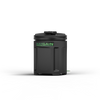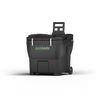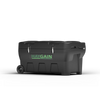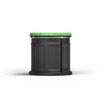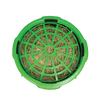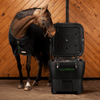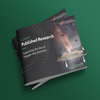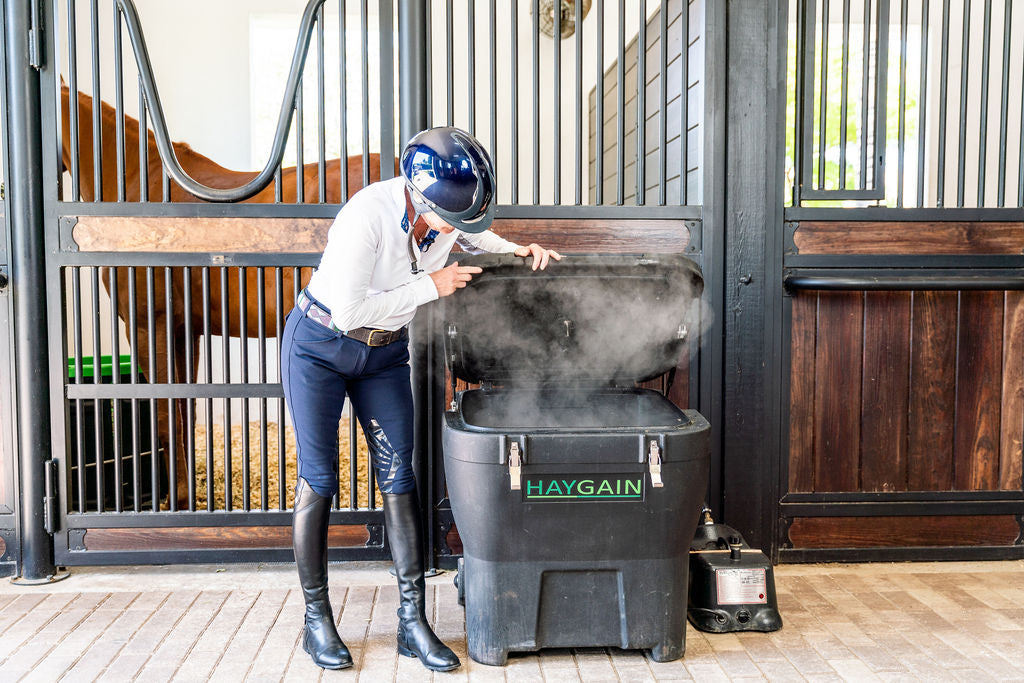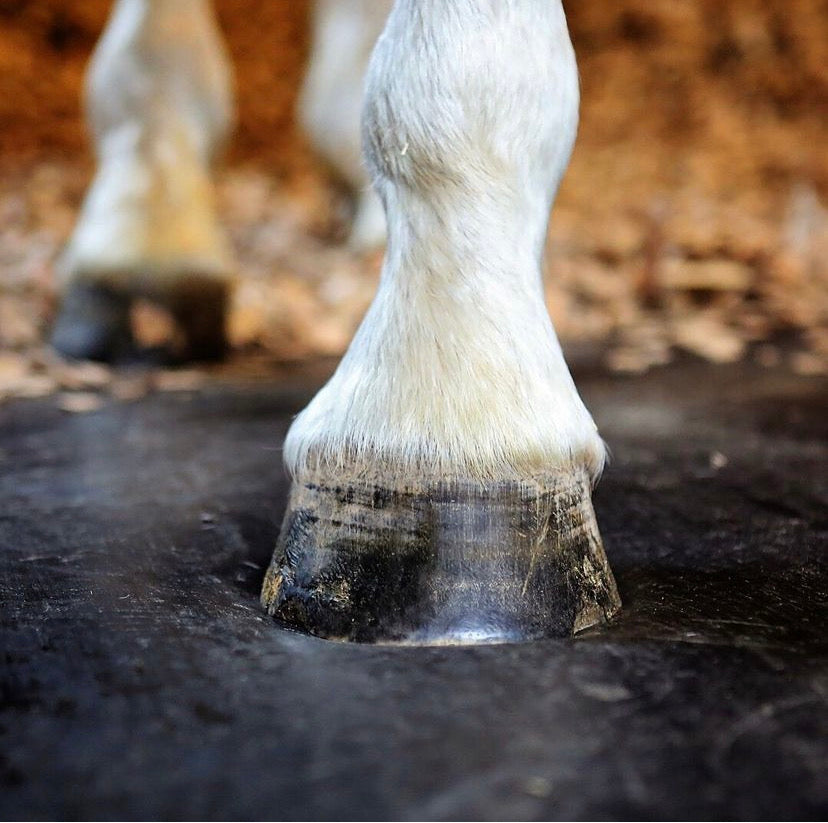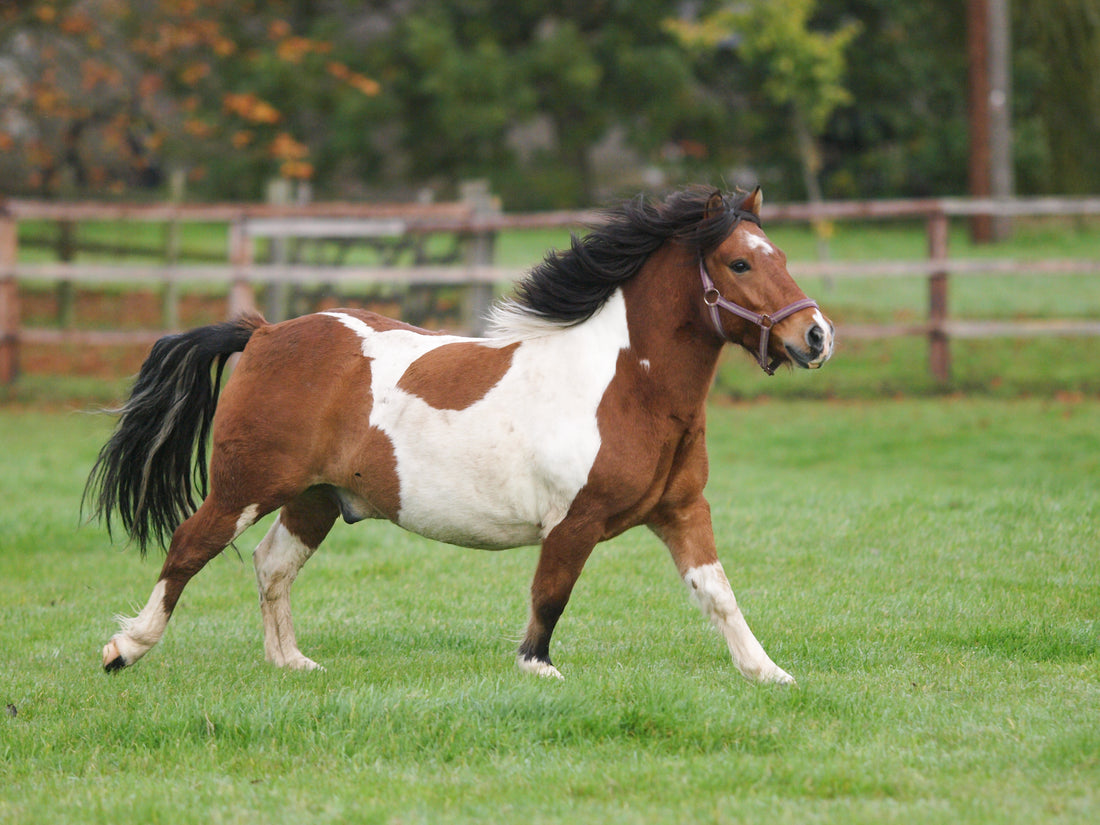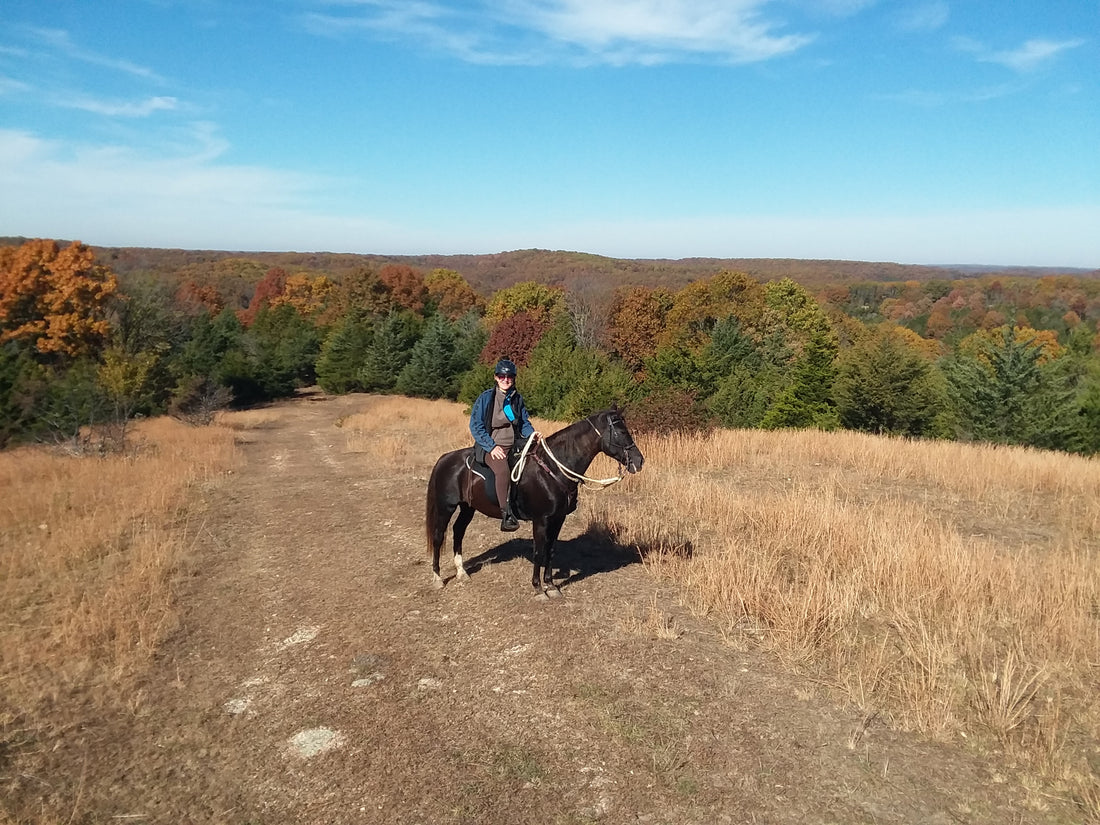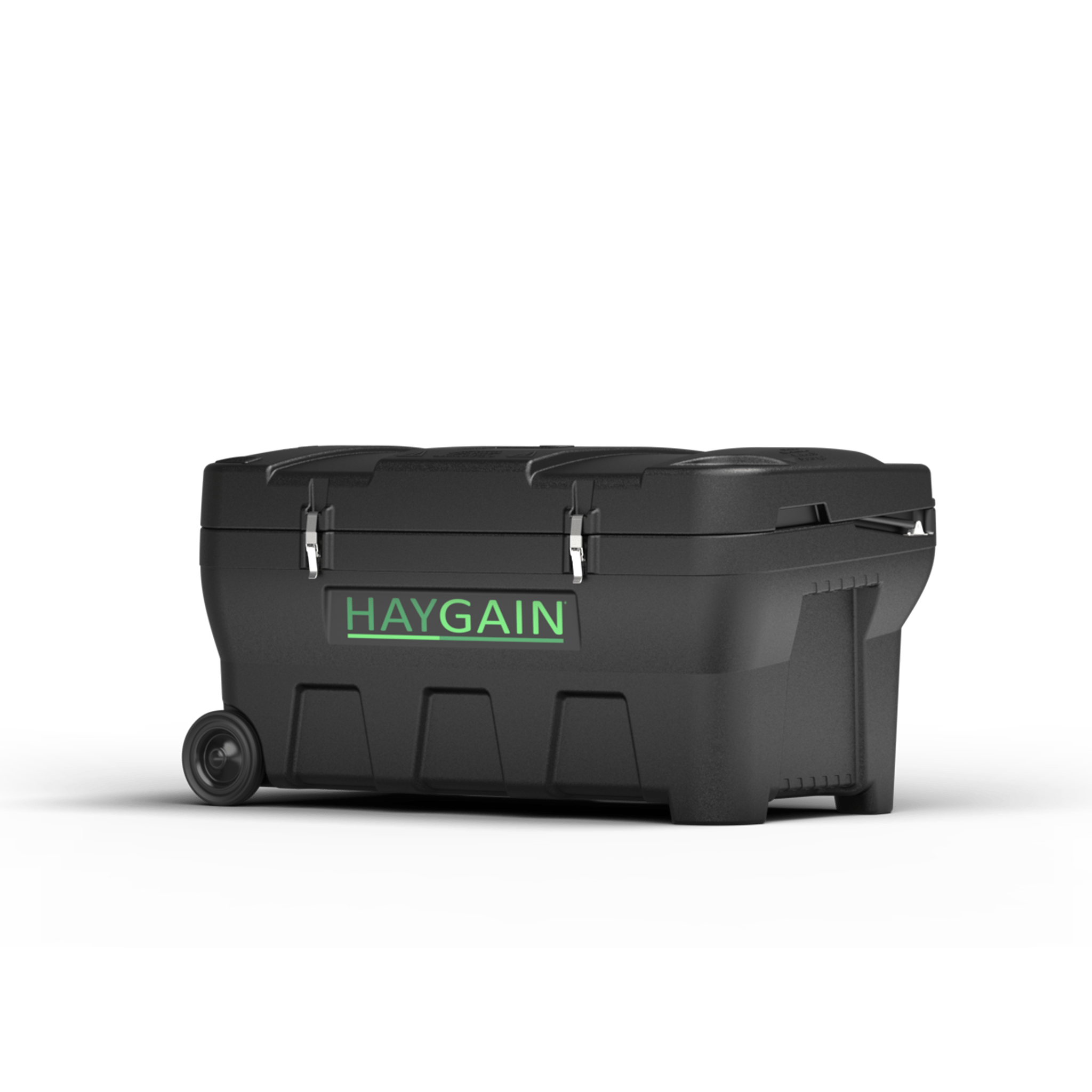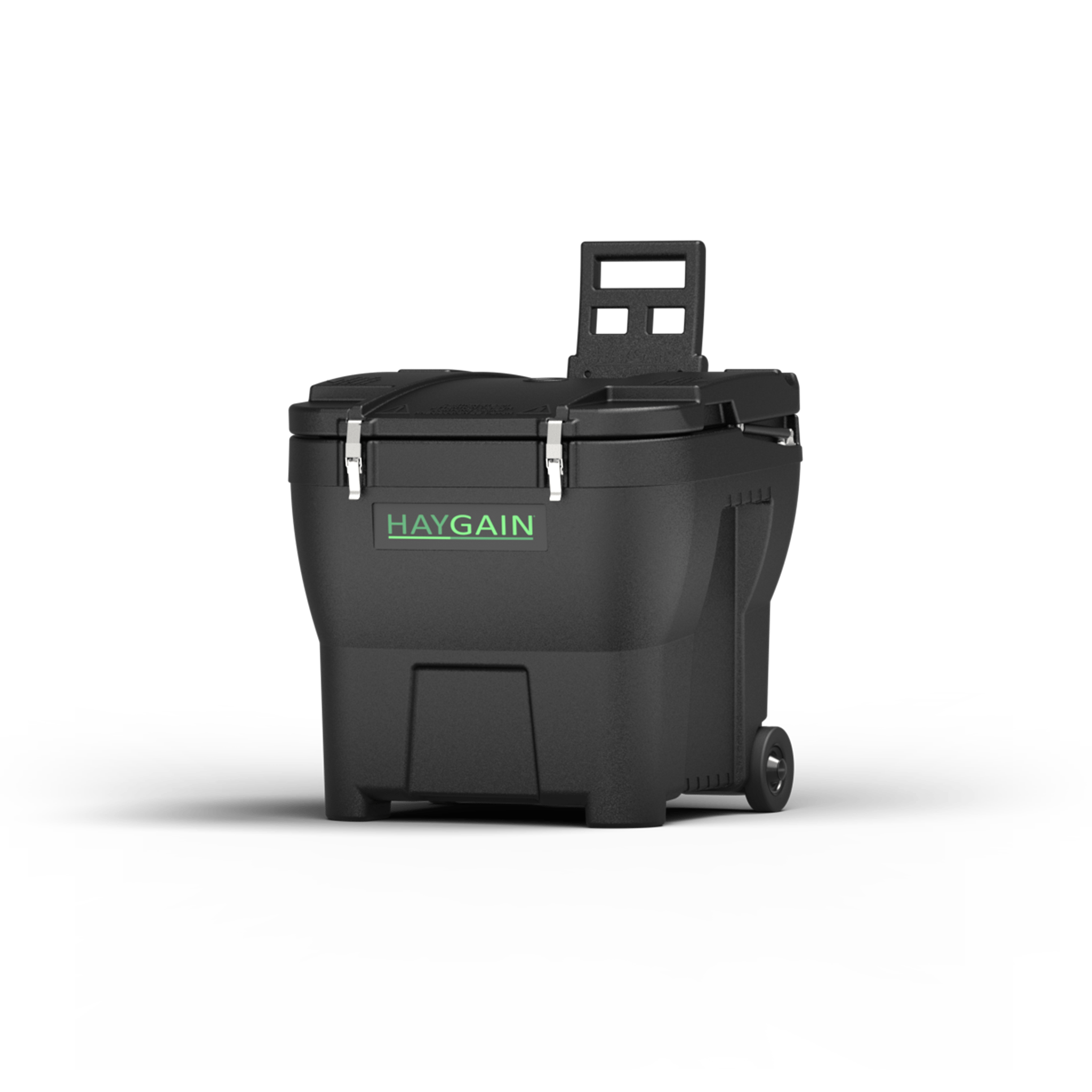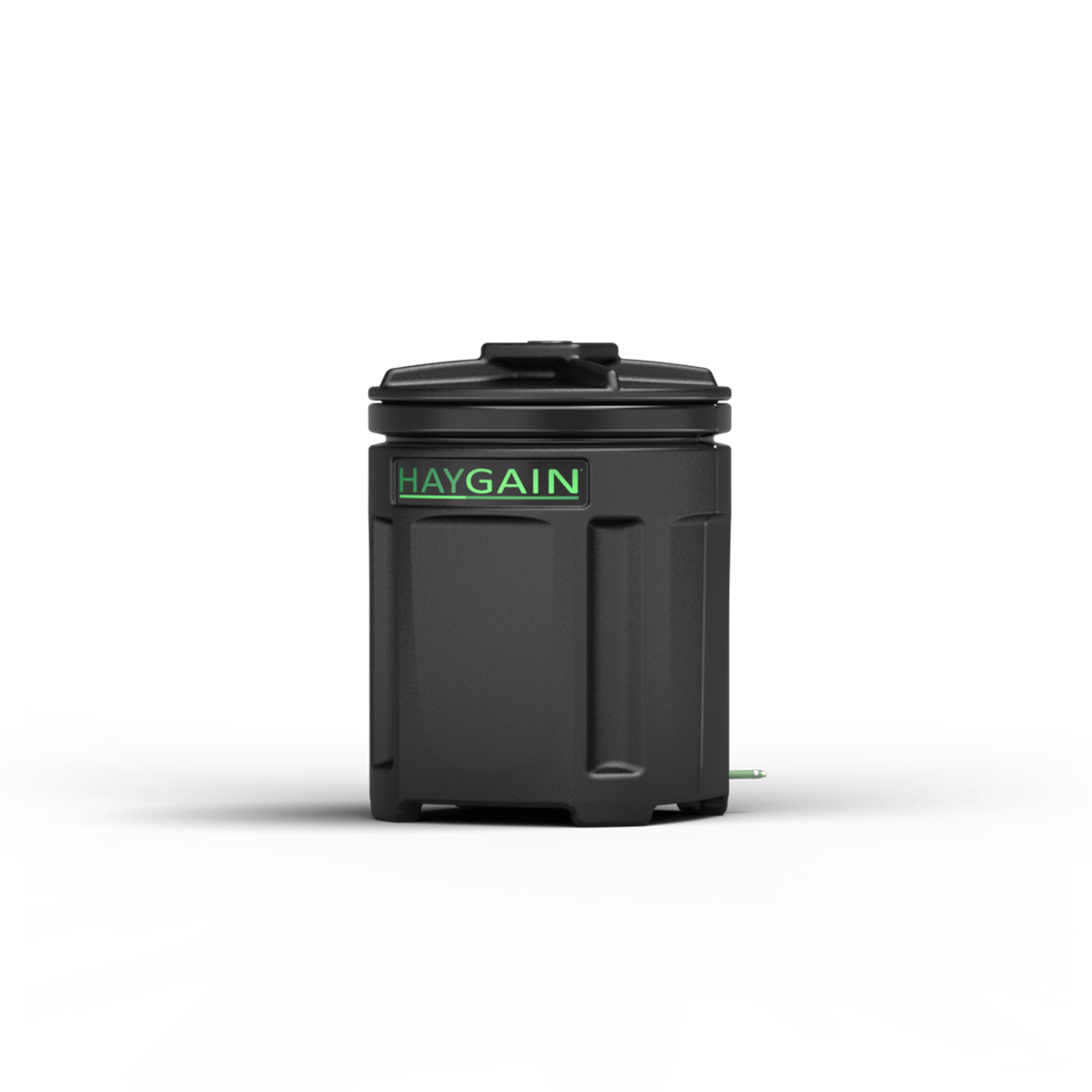This is a great and frequently-asked question.
The answer depends on your goal. Is it…
o Respiratory & digestive health?
o Reducing sugars in your horse’s diet?
o Both?
For Respiratory & Digestive Health:
Both steaming and soaking impact the respirable particles found in hay. These microscopic irritants cause all forms of non-infectious equine respiratory disease, while bacteria can can be linked to digestive problems and other health issues.
Hay of poor hygienic quality, for example, is associated with colic and enterobacteria commonly found in hay produces endotoxins linked to laminitis.
• Haygain High Temperature Steaming is proven to reduce up to 99% of the mold, bacteria and other allergens commonly found in forage – even forage of good nutrient quality and that looks and smells good. By attaining and maintaining temperatures of around 212°F/100°C, and distributing this steam evenly throughout forage in a thermally-sealed chest, Haygain Steaming deactivates mold, fungi and harmful bacteria while virtually eliminating respirable particles.
• Soaking Hay washes out and wets particles. The particles are then less likely to be inhaled into your horse’s respiratory system, and some can stick to the hay and be ingested into his digestive tract. Like people, horses can handle some bacteria in their food, but too much can cause trouble.

For Reducing Sugars in Your Horse’s Diet:
If your horse:
o Needs to lose weight, or easily gains weight
o Suffers from metabolic conditions like insulin dysregulation
o Has laminitis or is at high risk for it
Reducing the sugar content in his diet is critical.
Any method of treating forage to reduce sugars has variable results. Forage type and location and time of harvest affect sugar content.
Ideally, you can have your horse’s forage analyzed before and after treatment to determine the initial sugar content and the extent to which the treatment reduces it. Forage with 10% to 12% sugar content per dry matter is a general recommendation for horses with weight, insulin and metabolic concerns.
Your veterinarian will determine the best approach for your horse.
Having said that, these generalities can help you help your horse.
Haygain High Temperature Hay Steaming will reduce sugar content but to degrees that vary widely: Study results have ranged from a 2% to an 18% reduction in sugars.
Soaking Hay for 30 minutes in hot water or 60 minutes in cold water will significantly reduce sugars. The extent of reduction varies widely with soaking, too, but studies consistently demonstrate soaking results in the most significant reductions.

But There’s A Catch: Soaking Hay Has Many Drawbacks
o It also reduces important nutrients: especially phosphorus and magnesium.
o A 10-minute hay soak can trigger an 150% increase in bacteria growth. For example, enterobacteria is commonly found in hay and its related endotoxins are linked to laminitis.
o Soaking requires 60 to 100 liters of water and the effluent is 9X more polluting than raw sewage, based on its oxygen demand. It is environmentally unfriendly!
o Soaking hay is a mess and hassle, especially in cold weather
o Many horses don’t like the taste of soaked hay.
For Reducing Sugars & Protecting Respiratory and Digestive Health
Ideally, have your hay analyzed before and after Haygain steaming to determine if the sugar reduction meets your veterinarian’s recommendation for your horse.
Or…
Soaking hay for nine hours, followed by Haygain Hay Steaming, ensures lower sugar in your horse’s diet and forage that is clean, healthy and appetizing.
